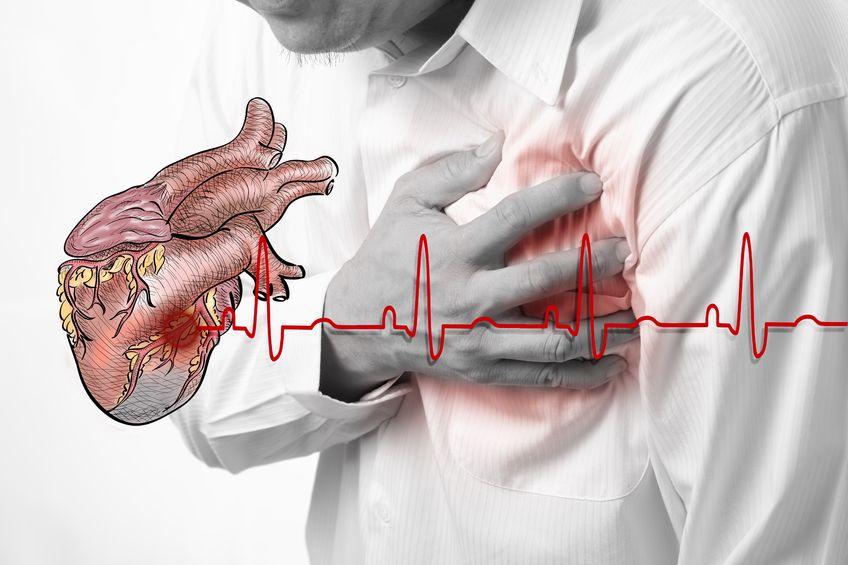One of the most common types of cardiovascular disease is heart failure. This is a chronic condition where the heart cannot pump sufficient blood to maintain normal bodily functions. Now researchers have developed a miniature implant that is designed to monitor and measure the pressure in the left-hand side of the heart. Before this was developed, heart patients usually needed to remain in hospital.
If this invention is successful, it could greatly reduce the costs of treating patients with cardiovascular disease. Cardiovascular disease is a huge problem which in the European Union alone claims the lives of nearly 2 million people. It costs the economy an estimated €169 billion annually. Although still in development stage, the device is to be tested on human patients and has already been tested in large animals.
The technology required to miniaturize this type of device is extremely sophisticated. It could help predict when someone with heart failure is about to become worse, allowing their medication to be adjusted accordingly. The idea is for patients to have some ability to adjust their medications under the care of their cardiologist or physician. One who will look at the results before suggesting how the dosage should be adjusted.

The aim is to improve patient quality of life, reduce mortality rates and reduce healthcare spending. At some point in the future, this type of monitoring may be used even in healthy patients. Sensors could help detect other diseases as well as heart disease.
What Is It Mean If You Have Heart Failure?
Heart failure is also called congestive heart failure. It covers a wide range of heart muscle diseases such as coronary artery disease, cardiomyopathy, and high blood pressure. All these diseases can weaken the heart so it will not pump correctly. There are various treatments that can be used for this condition but the primary aim of cardiologists is to prevent heart failure by reducing people’s risk factors.
Not all conditions are reversible but most can be treated to allow patients to have a better quality of life.
What Are the Symptoms of Heart Failure?
There are certain signs and symptoms to be aware of and if you develop any of these then it’s worth getting in contact with your cardiologist or with your doctor. Immediate medical attention could prevent heart damage. Some signs to be aware of include noticing your ankles, feet or lower legs have become swollen. Or that you are short of breath whenever you try to exert yourself or even when you just lie down.
People with heart failure may become disoriented or will experience sudden fatigue or weakness. You may find yourself unable to exercise and could feel nauseous or will have little appetite. Other symptoms include chest pain or noticing your heartbeat has become very fast or irregular, or that you have developed a wheeze or a persistent cough.
Who is More at Risk of Developing Heart Failure?
People who are more at risk of heart failure include those with a family history of this problem or who have long-term high blood pressure problems or hypertension. People who use alcohol to excess or who use drugs are more at risk. If you have had a previous heart attack then you are more likely to develop heart failure. This problem is categorized as having four different stages.
The first stage or Stage A is for people who have high-risk traits for heart failure but who may not have any symptoms. During Stage B, people may not have any symptoms. They could require medication for problems such as hypertension or high blood pressure and which increase the risk. Stage C is where people display symptoms such as becoming easily fatigued during normal everyday activities.
A change in lifestyle habits could help to control the symptoms. For people in Stage D, surgery is an option. This is because they will show signs of heart failure, having already made lifestyle changes and will have undergone nonsurgical treatments.
What to Expect if You are Diagnosed with Heart Failure
If you have been diagnosed with heart failure then it’s likely you will need ongoing treatment to help you remain as healthy as possible. Typically, treatment will aim to address the underlying reason for your heart failure using various medications. Like diuretics and beta-blockers, while sometimes surgery may be required. Surgical options might include bypass surgery or heart valve replacements.
Your cardiologist will also discuss whether you need implantable defibrillators or another medical device such as a pacemaker.

